Q 1. Why does APVMA have hemp seed approved on it’s ‘Other Crops’ index with it’s own CODEX#, alongside avocado and rape seeds, yet the APVMA are not allowing hemp seed-derived products for animal consumption?
The Crop Group listing for Oilseed (available at https://www.apvma.gov.au/taxonomy/term/7396 includes hemp seeds as part of the ‘other oilseeds’ group. Crop grouping for the purposes of pesticide evaluation is used primarily in assessment of efficacy/residues/crop safety related to the consumption of such produce by humans and is not specifically relevant to the evaluation of veterinary products. Please note that any approved list for human safety assessments is not applicable to animals.
Q 2. What prompted the APVMA to ban low THC hemp seed for sale to companion animals?
In publishing the Agency’s position on the regulation of veterinary chemical products containing Cannabis, the APVMA has clarified that veterinary products containing cannabis (including hemp) or cannabinoids are veterinary chemical products (veterinary medicines). Veterinary chemicals that are supplied and sold in Australia must meet the requirements of Agricultural and Veterinary Chemicals Code Act 1994 (Agvet Code Act) and Agricultural and Veterinary Chemicals Code Regulations 1995 (Agvet Code Regulations). As the Australian Government regulator of veterinary chemical products, the APVMA regulates agricultural and veterinary chemicals to manage the risks of pests and diseases for the Australian community and to protect Australia’s trade and the health and safety of people, animals, and the environment. Informing the public about the registration requirements of chemical products is part of our responsibilities as a regulator.
Q 3. The industry agrees that extracts from the cannabis flower and leaf meet the definition of veterinary chemical products. The industry does not believe hemp seed and its derivatives meet the definition of a veterinary chemical product if no therapeutic or production claims are being made. Based on this, the industry would like hemp seed and its derivatives to be reclassified as Animal Feed Products based on the following from the APVMA’s website:
Animal feed materials and ingredients generally do not require registration by the Australian Pesticides and Veterinary Medicines Authority (APVMA) if they meet the following requirements:
- They are fed as part of the normal diet of an animal.
- They are intended solely for nutritional purposes and are only represented as being suitable and used to help maintain natural or normal health, production, or performance.
- They do not contain medications or other active constituents. –
- They do not make any health, production or performance claims.
All feeds that contain medications or other active constituents require registration unless exempted by the Agvet code Regulations. All hemp supplements/additives are considered veterinary chemical products because they contain cannabinoids (some from inadequate cleaning) and omega fatty acids, both of which have known therapeutic effects. Some hemp supplements/additives may be exempted from registration if they satisfy the requirements of Excluded Nutritional and Digestive (END) products. Questions have been raised about omega fatty acids in other plant/vegetable seeds, these are exempted from registration if the oil is included in the GRAS lists for Excluded Nutritional and Digestive ingredients or other exemptions listed in the Agvet code regulations.
Q 4. A number businesses are currently selling hemp products to animals. These businesses have been following state regulations that clearly state that denatured hemp seed can be fed to animals. APVMAs new policy has put all of these businesses at risk. Please provide a pathway for these businesses to continue operating within the new regulations until GRAS status is applied.
We are not aware of any state regulations that allow veterinary chemicals to be administered to animals without registration by the APVMA. There is a difference between feed used for nutritional purposes and supplements/additives. States and territories are responsible for feed which is used for nutritional purposes only. The APVMA regulates medicated feed.
APVMA has a Pre-Application Assistance (PAA) pathway where companies can submit an application to determine the data requirements to get their products registered or to determine if a product requires registration.
Q 5. In obtaining GRAS status, can we use toxicology data from humans to demonstrate safety for animals? Animal data is used for humans so we would expect the reverse would be true.
NO, we expect target animal safety data. Physiology between humans and animals is different. The APVMA encourages companies to seek PAA advice if they would like more detailed technical information, including specific study requirements to satisfy the APVMA that the product will be safe for target animals.
Q 6. FSANZ is confident in the safety of hemp seed for humans. Can this information be used to satisfy the following APVMA requirements for GRAS?
- would not be an undue hazard to the safety of people exposed to it during its handling or people using anything containing its residues; and
- would not be likely to have an effect that is harmful to human beings; and
- would not be likely to have an unintended effect that is harmful to animals, plants or things or to the environment; and
- would not unduly prejudice trade or commerce between Australia and places outside Australia.
The satisfaction can be gained in data generated in target animals as stated above.
Q 7. Will APVMA accept data from internationally peer reviewed scientific papers?
Yes. The APVMA relies on scientific information generated anywhere in the world unless if there is an environmental or a specific Australian use that is different from other countries – that is when there is a requirement for Australian data. Target animal safety data generated overseas may therefore be able to support target animal safety in Australia.
Q 8. Will APVMA consider GRAS lists other than the ones outlined in their current policies?
No, the APVMA implements what is currently in the legislation. Responsibility for legislative policy and reform resides with the AgVet Policy Branch within the Department of Agriculture, Fisheries and Forestry (DAFF). If industry believes there are other GRAS lists that should be included in the Regulations, they are encouraged to contact the Agvet policy team at DAFF.

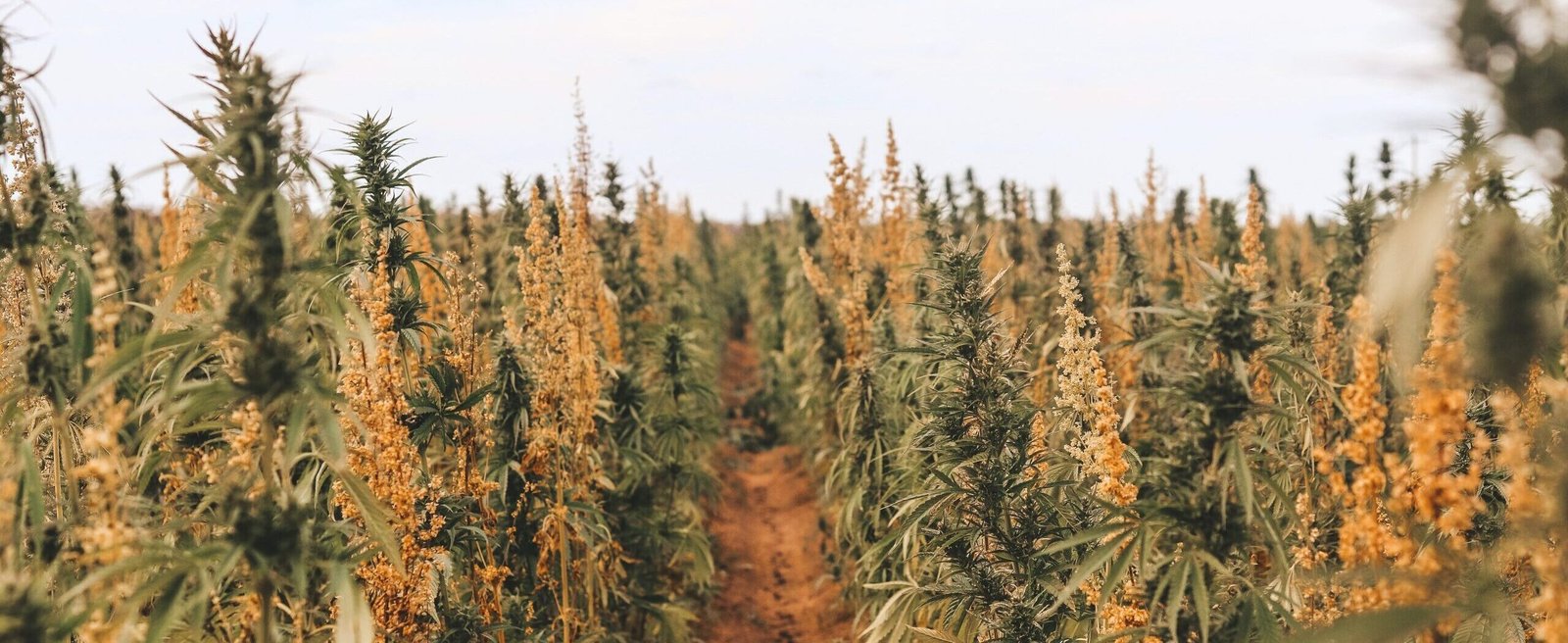

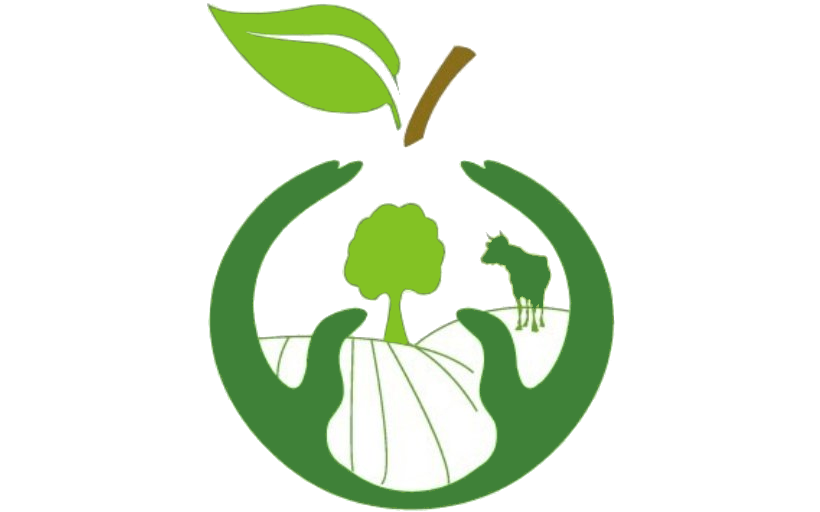











 We are grateful to the
We are grateful to the 
 The AIHC was conceived and designed by its founder, Robert Bell, to both add value and to assist in the future expansion of the industrial hemp industry and its community.
The AIHC was conceived and designed by its founder, Robert Bell, to both add value and to assist in the future expansion of the industrial hemp industry and its community.

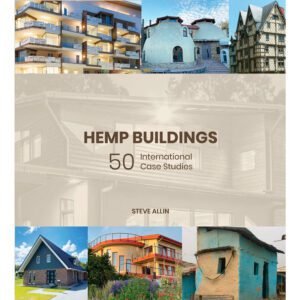


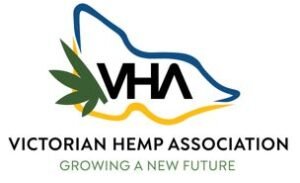
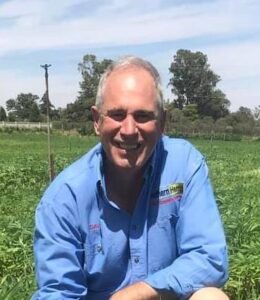

 Our Top 5 Cultivars have been developed without genetic modification to grow and thrive in most regions of Australia.
Our Top 5 Cultivars have been developed without genetic modification to grow and thrive in most regions of Australia.

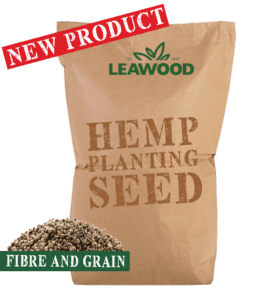 AVAILABLE PLANTING SEED:
AVAILABLE PLANTING SEED:
 As the Deputy CEO of the Northern Territory Farmers Association (NT Farmers), I am committed to advancing agricultural development in Northern Australia.
As the Deputy CEO of the Northern Territory Farmers Association (NT Farmers), I am committed to advancing agricultural development in Northern Australia.  Jaimie Milling is a fourth-generation farmer who has been in the agriculture industry all his life.
Jaimie Milling is a fourth-generation farmer who has been in the agriculture industry all his life.
